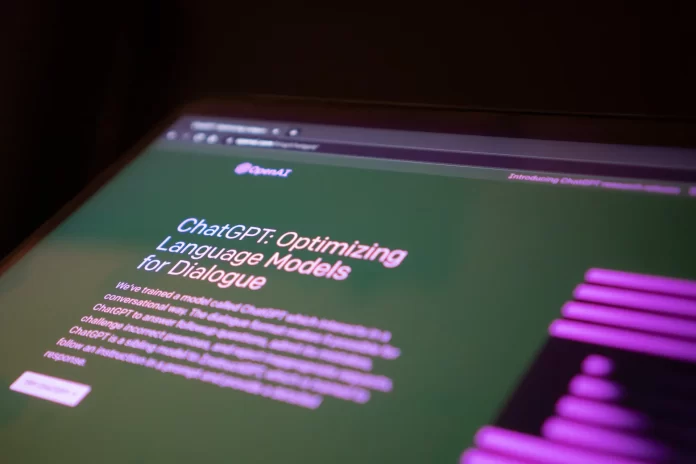OpenAI, the artificial intelligence startup backed by Microsoft, has announced several updates to its generative AI model, ChatGPT, at the first Developer Day conference in San Francisco, that are sure to pique the interest of AI enthusiasts and developers alike.
Customizable ChatGPT
One of the major updates is the introduction of customizable versions of ChatGPT, simply referred to as “GPTs“.
These GPTs can be tailored to specific tasks, making them more useful in daily life, at work, or at home. Imagine having a bot that acts as a “Creative Writing Coach“, evaluating and providing insights into your writing samples, helping you improve.
Or another GPT that helps you organize your participation in a conference, generating a personalized schedule just for you.
GPT Store
OpenAI CEO Sam Altman announced the launch of a “GPT store“. This platform will allow users to share and sell their custom bots. The GPTs will be available to paying ChatGPT Plus subscribers and OpenAI enterprise customers, who can create internal-only GPTs for their employees.
The possibilities for collaboration and creativity are endless. Plus, OpenAI plans to reward the creators of the most useful and widely used GPTs by sharing a portion of the company’s revenue.
GPT-4 Turbo
OpenAI also announced improvements to GPT-4, introducing a turbocharged version called GPT-4 Turbo. This new model offers enhanced capabilities and affordability for users.
Trained with information up to April 2023, GPT-4 Turbo has an increased input capacity, allowing users to provide inputs up to 300 pages in length. That’s a significant expansion of possibilities for complex tasks. And let’s not forget, GPT-4 Turbo supports DALL-E for AI-generated images and text-to-speech functionality.
A Closer Look at GPT-4 Turbo and Custom GPTs
Let’s dive deeper into the remarkable features of GPT-4 Turbo and custom GPTs:
GPT-4 Turbo:
- Trained with information up to April 2023.
- 128K context window, equivalent to over 300 pages of text in a single prompt.
- Accepts image prompts, text-to-speech requests, and is integrated with DALL-E.
- Capable of performing more complex tasks in a single prompt.
Custom GPTs:
- Can be tailored to specific tasks or interests.
- Can be shared with others, fostering collaboration and creativity.
- Have access to web browsing, DALL-E, and the OpenAI coding tool for software development.
- Can connect to external services, such as emails and databases, expanding their functionality.
Additional Insights and Future Developments
OpenAI also shared some additional details during the conference:
- The GPT Store will enable users to share their customized chatbots with the public.
- OpenAI plans to allow users to monetize their GPTs in the future, earning money based on usage.
- Privacy and security are prioritized, with user chats remaining inaccessible to the bot’s designer. Users have control over whether their chats are used to train the models or shared with external services.
- OpenAI has strict content policies, ensuring that GPTs do not violate guidelines regarding explicit, violent, or inappropriate content.
- In a show of support for developers, OpenAI pledged to cover the legal costs of copyright lawsuits.
OpenAI’s vision for the future involves customizable and increasingly autonomous AI models. While this future will require careful technical and safety work, OpenAI is committed to moving forward incrementally, allowing time for society to adapt.
The updates to ChatGPT showcased at the Developer Day conference have opened up a world of possibilities for AI enthusiasts and developers. As the capabilities of AI continue to evolve, we can look forward to even more exciting developments from OpenAI in the future. Stay tuned for further updates on the innovative world of AI!


